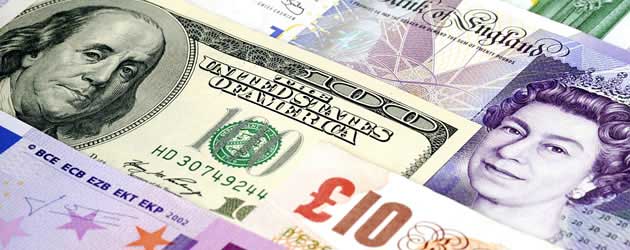
Last night Charles Plosser, who is President of the Philadelphia branch of the Federal Reserve and a voting member of the Federal Open Market Committee (FOMC) this year, said that the US Central Bank should continue to reduce its QE3 stimulus programme in January.
The Fed cut the pace of its monthly asset purchases from $85 billion per month to $75 billion per month in December. However, an abysmal US Non-farm Payroll reading of just 74,000, compared to forecasts of 197,000, last Friday caused some market players to pare back their expectations for another taper this month.
The invariably hawkish Plosser told reporters last night that it could be imprudent to focus on the December Payroll report:
“I caution you not to read too much into one month’s numbers. I believe the economy has met the criteria of significant improvement in labour market conditions for ending the programme”.
One of Plosser’s main arguments, and one that has gained traction amongst economic commentators, is that “further increases in the balance sheet are unlikely to provide appreciable benefits for recovery”. This is because it is believed that rock-bottom interest rates could be fuelling an asset bubble rather than boosting lending to the real economy, as intended.
The disappointing NFP reading was accompanied by a startling decline in the US participation rate to its lowest level since 1978 (62.8%), which in turn led to a -0.3% drop in the Unemployment Rate to 6.7%. However, the Philadelphia Fed President argued that the slide in participation was to be expected as a result of the retiring baby boom generation.
“I would not over-interpret the decline in participation as a lack of progress in labour market conditions or as a problem that must be corrected”.
Furthermore, Plosser predicted that Unemployment would tumble to 6.2% by the end of the year and indicated that he would like to see the asset purchasing programme shutdown considerably earlier than that.
Dallas Fed President Richard Fisher concurred, intimating that he would like to see QE3 tapered by $20 billion per month until it is fully wound down.
“I would vote for continued reductions in our asset purchases, with an eye toward eliminating them entirely at the earliest predictable date.”
The Pound to US Dollar exchange rate (GBP/USD) fluctuated lower by around -0.3 cents following the hawkish comments.

Comments are closed.